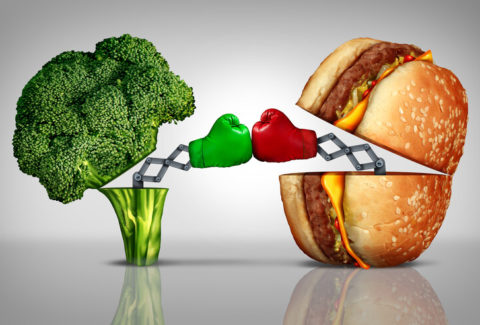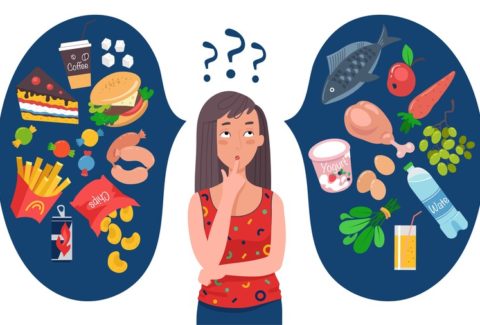Suicide and Goals
Because of how we’ve been raised, socialized, programmed, and educated, we’ve been focusing more on things that enhance our protective personality [1] and less on what would elevate our true self, our true nature – who we really are. As a result, we’ve been led to believe and got caught up in the following sequential goals[2]:
- Go to the best possible elementary schools, middle schools, high schools, while getting the best possible grades, being the most competitive, doing the sexiest volunteer work possible
- Go to the best possible university, get the best degree, with the highest honors, amassing the best contacts possible, to then land the best possible job
- Get the best promotions with the highest possible salary, build the best possible career, and be the best possible in the field
- Having the best possible family, with the best possible lifestyle, preparing the children to follow the exact same formula, while preparing for retirement, and then death
What’s wrong with these goals? Nothing. Can we not want these things? Yes, we can. Do we not deserve these things? Why not? So, What?
Here’s what: The question is:
- What meaning do we assign to any of these goals?
- What happens and what does it mean to us when we fail to achieve any of these goals?
This is exactly where the rubber meets the road. This is exactly where money is. And this is exactly where the problem is. This is so because of the values we have been trained to apply to these things. We have been socialized into giving a certain kind of meaning to them, and our ability to achieve these things, or not, is then directly tied to our perceived worth. If we can check the “achieved box” to any of those “goals,” then we are worth it, then our life is worth living. And the more boxes we can check the more we think we are worth it, the more we think about our self-worth, and the more pride we have [3]. Conversely, if we don’t check any of these, we feel crushed, we take it personally, we feel inadequate, not enough, not worthy, and we try to escape, either in substance use, or promiscuous or high-risk behaviors, or we give up on life, developing depression, and anxiety, until we resolve to end our life.
To break it down further, this process may take several forms, all leading to the same outcome. Below are two of the ways.
- We develop shame, despise ourselves, find life miserable, and feel humiliated by anything that goes or is said around us. We seek to eliminate ourselves or others. This may take place impulsively, but other times, slowly but surely. [4]
- We develop guilt, perceiving ourselves as being vindictive and acting accordingly, perceiving the world, life, everything else, and everyone else as evil, blaming them in addition to blaming ourselves, and resolving to destroy everything, sabotaging our own life, destroying our own family, others around us, either impulsively, or slowly but surely.
All this takes place because of our uneducated, socialized, programmed, thoughtless relationship with goals. All this takes place because we are unable to hold paradoxical thinking[5], we are unable to understand this is not an either/or world, this is not about have versus not have, do versus not do, or to “success,” versus “failure.” Rather, this is about first knowing who we truly are, second, consciously choosing how we want to navigate the world, and third, being who we truly are regardless of what we end up choosing.
This will help prevent suicide in the world. This will help us better take care of patients who may be suicidal. And this is a skill worth spreading.
If you are a clinician who would like to learn these skills to help your patients, please join us on June 11th, for our 6 CEU Full Day Webinar on Suicide. Click here to register, and
We’ll see you then,
Karen and Mardoche
[1] Moran, Patricia B., and John Eckenrode. “Protective personality characteristics among adolescent victims of maltreatment.” Child Abuse & Neglect 16.5 (1992): 743-754.
[2] Latham, Gary P., and Edwin A. Locke. “Enhancing the benefits and overcoming the pitfalls of goal setting.” Organizational dynamics 35.4 (2006): 332-340.
[3] Lucas, Richard E. “Personality and the pursuit of happiness.” Social and Personality Psychology Compass 1.1 (2007): 168-182.
[4] Morrison, Andrew P. “Shame, ideal self, and narcissism.” Contemporary Psychoanalysis 19.2 (1983): 295-318.
[5] Hameiri, Boaz. “PARADOXICAL THINKING AS A PARADIGM OF ATTITUDE CHANGE.” The Social Psychology of Humor (2021).







